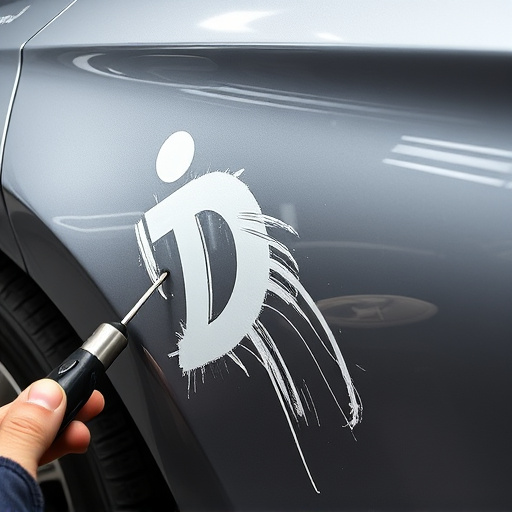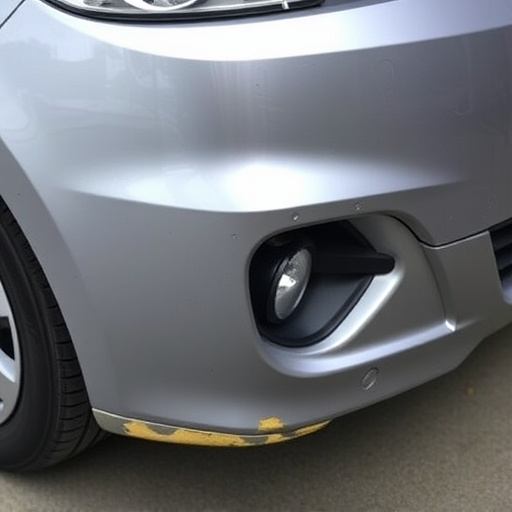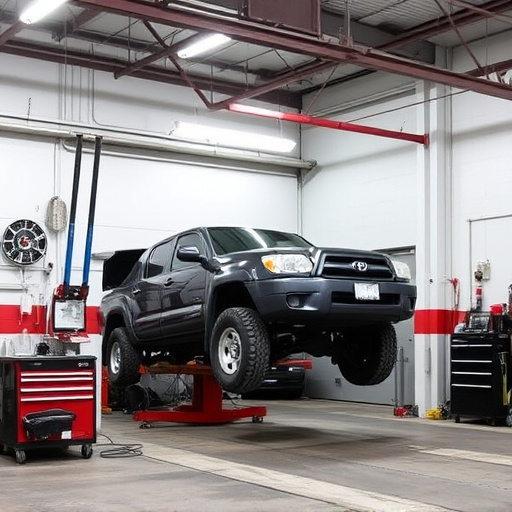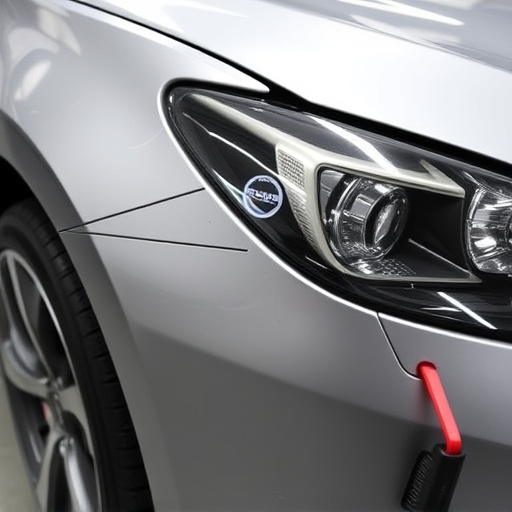The adoption of digital measuring systems has revolutionized automotive aftercare, especially in collision centers and body shops. These tools replace traditional methods, offering enhanced accuracy, precise cost estimates for parts and labor, and improved customer satisfaction. While implementation brings challenges like initial costs and data security concerns, the benefits include faster vehicle repairs, efficient inventory management, waste reduction, and increased client loyalty.
In the rapidly evolving digital landscape, “digital measuring systems” are revolutionizing industries. This article delves into the financial implications of these cutting-edge technologies, exploring how they’re transforming economies. We’ll dissect the remarkable benefits, including enhanced efficiency and cost savings, while also addressing challenges such as implementation, security, and data management costs. Understanding these dynamics is crucial for businesses navigating the rise of digital measuring systems.
- The Rise of Digital Measuring Systems and Their Economic Transformation
- Financial Benefits: Increased Efficiency and Cost Savings
- Navigating Challenges: Implementation, Security, and Data Management Costs
The Rise of Digital Measuring Systems and Their Economic Transformation

The advent of digital measuring systems has revolutionized various industries, particularly those that heavily rely on precise and efficient data collection. In the realm of automotive aftercare, this transformation is evident in how auto collision centers and vehicle body shops operate today. Traditional measurement methods have given way to advanced digital tools, enhancing accuracy and streamlining processes. Auto repair shops now leverage these systems for everything from initial damage assessment during an inspection to ensuring precise restoration of a vehicle’s original condition post-repair.
This economic shift has not only improved operational efficiency but also fostered innovation in the sector. For instance, digital measuring systems enable more accurate estimates for parts replacement and labor costs, benefiting both customers and auto repair businesses. This newfound precision has also led to improvements in customer satisfaction, as well as a reduction in disputes related to repairs, thereby fostering trust between service providers and their clientele, including those who visit local auto collision centers and vehicle body shops.
Financial Benefits: Increased Efficiency and Cost Savings

Implementing digital measuring systems offers significant financial benefits for businesses, particularly in resource-intensive sectors like automotive collision repair and car damage repair. These advanced technologies streamline processes that were once manual and time-consuming. By automating measurements and assessments, companies can achieve remarkable efficiency gains. For instance, digital systems enable faster vehicle dent repair by providing precise data on the extent of damage, reducing labor hours spent on manual inspections.
Moreover, cost savings are a direct result of increased efficiency. With digital measuring tools, businesses can optimize inventory management, reduce material waste, and minimize errors that lead to costly retries. In the context of automotive collision repair, this translates into more effective use of parts, less scrap material, and quicker turnaround times, ultimately enhancing customer satisfaction and fostering long-term loyalty.
Navigating Challenges: Implementation, Security, and Data Management Costs

Implementing digital measuring systems within industries like automotive repair, specifically focusing on car collision repair and car body repair, presents unique challenges that require careful consideration. The initial setup costs can be substantial, encompassing not just hardware acquisition but also software licensing and training for staff to ensure efficient usage. Moreover, integrating these systems into existing workflows demands strategic planning to avoid disruptions and maximize benefits.
Security is another critical aspect. As digital measuring systems store sensitive data, including detailed information about collision repair procedures and customer records, robust cybersecurity measures are essential to safeguard against potential breaches. Effective data management practices, including regular backups and secure data storage, are vital to ensure continuity of operations and maintain client confidentiality, particularly when dealing with intricate car body repair tasks.
Digital measuring systems have brought about a significant economic transformation, offering substantial financial benefits through increased efficiency and cost savings. However, organizations must also consider the challenges of implementation, security, and data management costs. By addressing these issues proactively, businesses can fully leverage the potential of digital measuring systems to drive success in today’s digital era.












